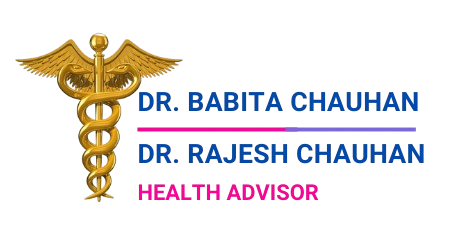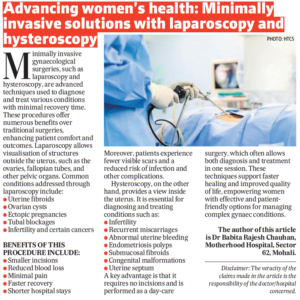
High-Risk Pregnancy: What You Need to Know

Pregnancy is an incredible journey, but for some, it comes with unique challenges and concerns. A high-risk pregnancy is one where the health of the mother, baby, or both may be at greater risk due to medical, environmental, or lifestyle factors. While the term “high-risk” can sound alarming, understanding the causes, signs, and ways to manage it can empower you to navigate the journey with confidence.
What Is a High-Risk Pregnancy?
A pregnancy is classified as high-risk when complications arise that could affect the health or safety of the mother, the baby, or both. This doesn’t necessarily mean the pregnancy will have negative outcomes, but it does require closer monitoring and specialized care.
Causes of High-Risk Pregnancy
Several factors can contribute to a pregnancy being considered high-risk, including:
1.Maternal Age
• Women under 17 or over 35 are at a higher risk of complications, such as preterm labor or chromosomal abnormalities.
2.Preexisting Medical Conditions
• Conditions like diabetes, hypertension, autoimmune disorders, or heart disease can complicate pregnancy.
3.Lifestyle Factors
• Smoking, alcohol consumption, drug use, and inadequate prenatal care can increase risks.
4.Multiple Pregnancies
• Carrying twins, triplets, or more can lead to increased chances of preterm labor or other complications.
5.Pregnancy Complications
• Issues like gestational diabetes, preeclampsia, placenta previa, or preterm labor may develop during pregnancy.
6.History of Pregnancy Complications
• A previous pregnancy with complications, such as preterm birth, low birth weight, or miscarriage, can elevate the risk in subsequent pregnancies.
Signs and Symptoms to Watch For
While regular prenatal checkups help detect many risks, it’s important to contact your healthcare provider if you experience any of the following:
• Severe abdominal pain or cramping
• Heavy vaginal bleeding or unusual discharge
• Severe headaches or vision changes
• Sudden swelling in the hands, feet, or face
• Decreased fetal movement
Managing a High-Risk Pregnancy
Here are key strategies to ensure the best possible outcome for you and your baby:
1.Seek Early and Regular Prenatal Care
• Frequent checkups can help monitor your health and catch any potential issues early.
2.Adopt a Healthy Lifestyle
• Eat a balanced diet, stay active (as recommended by your doctor), and avoid harmful substances.
3.Follow Medical Advice
• Take prescribed medications and supplements, and adhere to any activity restrictions or bed rest instructions.
4.Educate Yourself
• Understand your condition and the potential risks involved. Ask your doctor questions to feel informed and empowered.
5.Build a Support Network
• Surround yourself with family, friends, or support groups who can provide emotional and practical help.
6.Choose the Right Healthcare Provider
• Consider consulting with a maternal-fetal medicine specialist who has expertise in managing high-risk pregnancies.
Staying Positive
Consult good obstetrician





